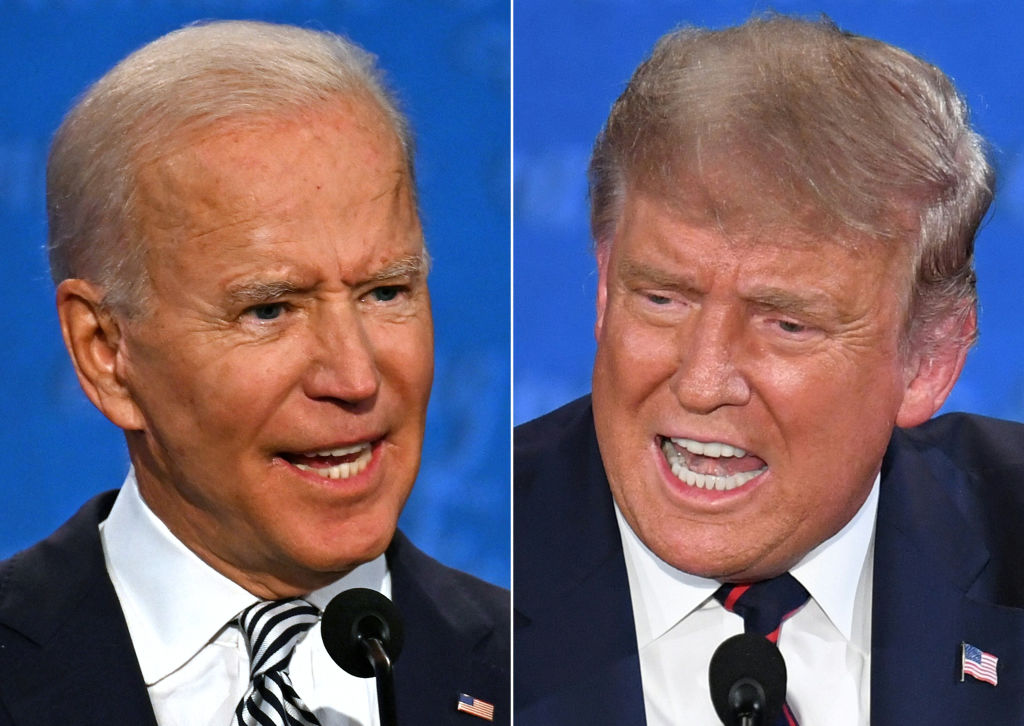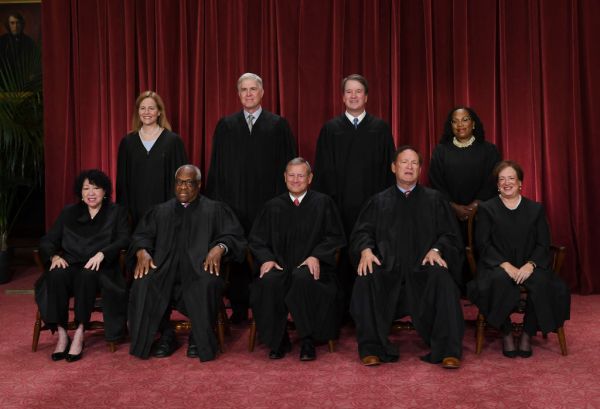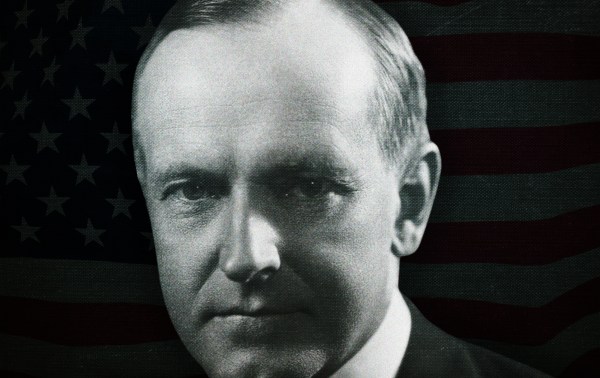Happy Tuesday! We’re very excited to announce a new addition to the team! Peter Gattuso—a former Dispatch intern—is back in the fold, joining us as a reporter on TMD. There are lots of reasons we’re happy he’s here, but chief among them is the fact that he’ll be an invaluable addition to our softball team this summer.
Quick Hits: Today’s Top Stories
- European leaders met in Paris on Monday—the one-year anniversary of the start of the Sudanese Civil War—and pledged more than $2 billion in aid for the war-torn country on the brink of famine. The conflict has displaced more than 8 million people, and more than 14,000 are estimated to have died in the fighting between the Rapid Support Forces—a paramilitary group—and the Sudanese military. The United States pledged $147 million in aid, while the U.K. pledged $110 million and announced sanctions on three companies linked to the conflict—two associated with the RSF and one with the Sudanese armed forces.
- The FBI on Monday launched a criminal investigation into the container ship crash last month that caused Baltimore’s Francis Scott Key Bridge to collapse in an effort to determine whether the vessel’s crew was aware of major mechanical issues before departing the Port of Baltimore. The National Transportation Safety Board, which has been conducting a separate probe into the cause of the crash, anticipates releasing its preliminary report in early May. Meanwhile, Baltimore Mayor Brandon Scott announced on Monday the city hired two law firms to “hold responsible all entities accountable for the Key Bridge tragedy, including the owner, charterer, manager/operator, and the manufacturer of the M/V Dali, as well as any other potentially liable third parties.” The incident resulted in the deaths of six members of a road crew working on the bridge and caused an estimated $2 billion in damages.
- The Biden administration on Monday granted Samsung up to $6.4 billion under the CHIPS and Science Act of 2022 to enhance semiconductor production in Texas. The administration expects Samsung’s investment to create 21,500 construction and manufacturing jobs over the next five years, with the first factory set to become operational in 2026, followed by a second in 2027. The Commerce Department forecasts that the U.S. will produce about 20 percent of the world’s leading-edge logic chips by 2030.
- House Speaker Mike Johnson announced on Monday that the House will vote this week on separate aid packages for Israel, Ukraine, and Taiwan, rather than taking up the Senate-approved $95 billion joint aid package for the three countries. The House is also expected to vote on a fourth bill—meant to assuage hardline Republicans—that would include provisions requiring some Ukraine funding to be repaid and allowing the U.S. to seize Russian assets, as well as regulations that could potentially result in a TikTok ban. House Minority Leader Hakeem Jeffries criticized Johnson earlier this week for not introducing a vote on the Senate bill, warning him the current situation resembles a “Churchill or Chamberlain moment.” White House press secretary Karine Jean-Pierre told reporters on Monday the Biden administration “will not accept” a standalone Israel aid bill without funding for Ukraine.
- In a 6-3 decision yesterday, the Supreme Court allowed an Idaho ban on gender-transition treatments for minors—including puberty blockers, hormone therapy, and surgeries—to broadly go into effect, with exceptions for the two minor plaintiffs who challenged the law. Idaho Gov. Brad Little first signed the law back in May 2023, but a U.S. District Court Judge in December temporarily blocked its enforcement.
- Caitlin Clark, the women’s college basketball phenom who set a number of records during her time at the University of Iowa, was drafted first overall by the Indiana Fever in the WNBA draft on Monday.
Checking in on a Weird Election

The first time Donald Trump faced off against Joe Biden in a presidential election, Trump coined the nickname “Sleepy Joe” to describe his Democratic challenger. Four years later, the Biden campaign’s rapid response team relished the opportunity to return the favor following a report that Trump appeared to doze off on Monday during the start of his criminal trial in New York.
That riveting back-and-forth is just a preview of the vigorous and substantive debates that await the country as we embark on a 2020 rematch, with both candidates having secured enough delegates to win their parties’ respective nominations. And like four years ago, the election in November looks set to be a nail-biter. While polls have, for much of the past year, struck fear in the hearts of Democratic politicos everywhere, recent surveys show Biden on the upswing. But there’s lots of time left on the clock before November, and a number of factors that could determine the victor in November—including two major overseas conflicts and the state of the economy—are still very much in flux. Plus, the narrow margin between the two major candidates and their high unfavorable ratings means third-party candidates could wield outsized power in the states where they plan to compete. In short, things still have plenty of time to get weird—or perhaps just weirder.
Over the weekend, the New York Times and Siena College released a poll that must have had the folks at the Biden campaign HQ popping bottles of champagne. In a survey …
As a non-paying reader, you are receiving a truncated version of The Morning Dispatch. Our full 1,540-word story on the state of the 2024 presidential election is available in the members-only version of TMD.
Worth Your Time
- In August 2022, novelist Salman Rushdie—on whose head the Iranian regime placed a bounty in 1989—was stabbed multiple times in the neck and abdomen before he was slated to give a lecture at Chautauqua Institution in New York. While his injuries were severe—he lost sight in one eye and the use of one hand—he miraculously survived. Now, he has written a memoir on the ordeal, Knife: Meditations After an Attempted Murder, a portion of which he read aloud for The Telegraph in a video that’s worth a watch. “I have never believed in the immortality of the soul, and my experience in Chautauqua seemed to confirm that,” Rushdie read. “The ‘me,’ whatever or whoever it was, was certainly on the edge of death along with the body that contained it. I had sometimes said, half humorously, that our sense of a non-corporeal ‘me’ or ‘I’ might mean that we possessed a mortal soul—an entity or consciousness that ended along with our physical existence. I now think that maybe that isn’t entirely a joke.”
- For Law & Liberty, Brian Domitrovic managed to make tax policy interesting in his explanation of the convoluted taxation system that made the 1950s materialism possible. “We continue to hear a drumbeat for higher tax rates, in particular on high earners and corporations, on the grounds that we used to have higher rates and we did fine,” he wrote. “An essential aspect of the fiscal structure of post-World War II prosperity is that the federal government abjectly declined to collect taxes at posted rates because of the deduction culture. High tax rates existed as a holdover of Herbert Hoover, FDR, and World War II, but the public, especially its rising and affluent members, made clear that it was not going to comport with them. The government obliged and did not enforce the rates, and instead, offered a massive suite of legal tax-avoidance opportunities. Everyone went along to get along. … We did not get this—halcyon days—while in any material way having high tax rates. We got this while not enforcing high tax rates due to high deductions, by making nosebleed numbers on a tax table inapplicable and irrelevant.”
Presented Without Comment
Politico: [Former GOP Rep. George] Santos’ Threatened Comeback Bid Hasn’t Raised a Single Dime
In a report filed with the Federal Election Commission Monday morning, Santos’ new campaign committee reported no fundraising and no spending, suggesting he has not yet mounted an actual campaign operation.
Santos’ campaign committee from his previous congressional run also filed a report on Monday, continuing to report hundreds of thousands of dollars in debt. Its latest report showed only a handful of small donations, while refunding $21,000 to donors.
Toeing the Company Line
- It’s Tuesday, which means Dispatch Live (🔒) returns tonight at 8 p.m. ET/5 p.m. PT! The team will discuss the news of the week and, of course, take plenty of viewer questions! Keep an eye out for an email later today with information on how to tune in.
- In the newsletters: Kevin makes the case (🔒) that fiscal policy is best decided at the local level, the Dispatch Politics crew covered Speaker Mike Johnson’s trip to Mar-a-Lago, and Nick argued (🔒) that Israel should hold off on a counterstrike against Iran—for now.
- On the podcasts: Jack Goldsmith and Bob Bauer, co-authors of After Trump: Reconstructing the Presidency, join Sarah and David on today’s episode of Advisory Opinions to discuss reforming presidential power.
- On the site: Chris examines dropping murder rates in certain cities, Dean Ball explores what a digital ID could look like and the regulatory framework such infrastructure could enable, and Emily Zanotti writes on the Vatican’s recent statement warning of the effects of modern gender theory, abortion, euthanasia, and war.









Please note that we at The Dispatch hold ourselves, our work, and our commenters to a higher standard than other places on the internet. We welcome comments that foster genuine debate or discussion—including comments critical of us or our work—but responses that include ad hominem attacks on fellow Dispatch members or are intended to stoke fear and anger may be moderated.
With your membership, you only have the ability to comment on The Morning Dispatch articles. Consider upgrading to join the conversation everywhere.